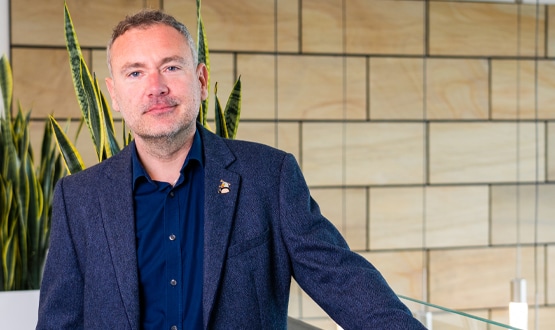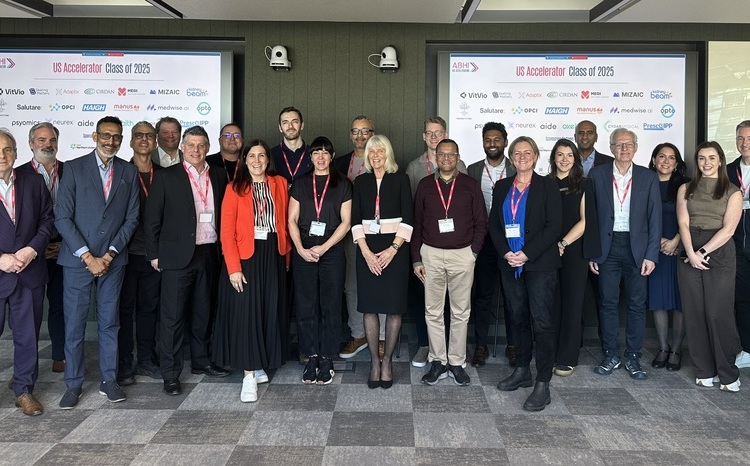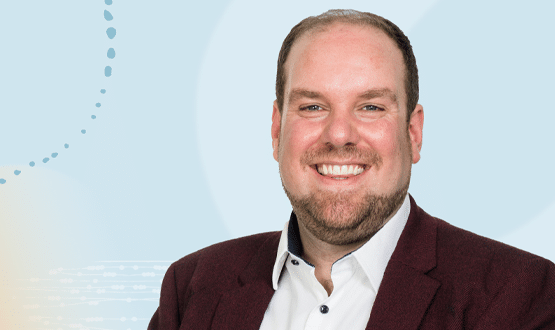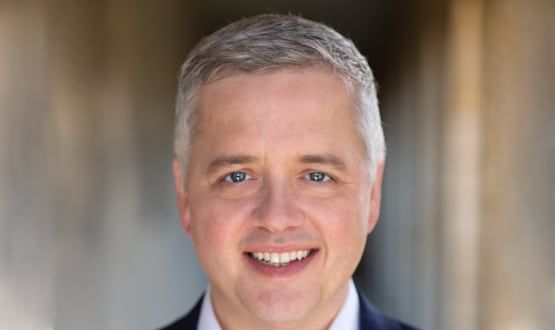Industry Spotlight: Mark Fewster, chief product officer with Radar Healthcare
- 3 August 2022

Achieving LFPSE (Learn from Patient Safety Events) compliance is more than just meeting targets – the real driver is transforming patient safety by enabling continuous improvement, says Mark Fewster, chief product officer with Radar Healthcare.
The way that health care workers report on patient safety events is changing – and the deadline for making it happen is looming.
By March 2023, healthcare organisations in England should have transitioned from the current NRLS (National Reporting and Learning System) and be LFPSE (Learn from Patient Safety Events) compliant.
This is more than a change in initials – the new system aims to transform how patient safety events are recorded across the country. It does this firstly by improving the way that events are recorded, and secondly, by combining them with new technology such as AI to predict and reduce future incidents. Essentially, it is a shift from simply recording incidents to a culture that focuses on using the data captured to improve outcomes and drive improvement.
Milton Keynes University Hospital NHS Foundation Trust (MKUH) has pioneered the shift to LFPSE after partnering with Radar Healthcare, the first supplier to be accredited as LFPSE-compliant in 2021.
Close partnership working was essential to making this switch, according to Radar Healthcare chief product officer Mark Fewster.
“Our customers are involved in the development of our products from the beginning – for us, everything is co-created,” he says.
From an ideation point of view, on our forums where people can suggest content and ideas, right the way through to the literal development of it. We ask customers about the problem they’re trying to fix – and what can we do to give them a meaningful outcome.
“We do this through workshops and discovery sessions. Then we go back at each stage to make sure the customer has a say and that we’re getting it right for them.”
There’s a real imperative to transform patient safety and the systems designed to embed continuous improvement, says Fewster, and this is something that pioneers like MKUH recognise. Having the right information in a consistent format – and being able to ask answer the right questions, both locally and nationally – are all key elements.
“There have been reporting systems around for years that aim to understand what’s going on, and how we can learn and improve from it,” says Fewster adds.
“But it’s clear that these systems and processes, in general, aren’t delivering a better outcome for patients. There’s no evidence to show a decrease in the number of events across the NHS as a whole, and across individual healthcare organisations. If these systems were working, and we were learning from those incidents, and implementing changes, then we’d see a change in the number of events. And we wouldn’t see the same number of complaints, claims and litigation within the healthcare system.”
Radar Healthcare has started a podcast where topics like LFPSE can be discussed in a digestible way, Fewster says.
“I did a two-parter called ‘The Road to Patient Safety,’ where we dissected MKUH’s and NHS Improvement’s experiences,” he adds.
The current system makes it difficult to get a complete picture, according to Fewster. The information isn’t standardised, so there’s no easy way to compare what’s going on and to identify the key themes that need to be prioritised. With the new approach, all reports will be immediately submitted to a central (national) system via the cloud. Individual organisations, however, can view and amend them after submission.
Having a standardised set of questions in each incident report allows you to see and compare what’s happening – not only at an organisational or regional level, but also nationally.
“How can you make a good decision if the data you’re using is flawed, because it’s not consistent?” Fewster asks.
Organisations can make use of the reports submitted locally to delve into the factors at play when an incident happens. For example, they can link it with data on the time of day, condition or illness, staffing levels or skill mix to see if there are identifiable patterns. This knowledge is vital to mitigating future harm.
“When we talk about things like predictive analytics and machine learning they’re not just buzzwords, they’re for a meaningful purpose,” Fewster says.
“Based on what’s happening in your organisation, you can predict what your risks will be in the future. You can uncover valuable insight at the touch of a button and you can work out where your focus has to be to improve patient safety.”
It’s device-agnostic and user friendly – designed to be easy to use both for the time-poor and for those who struggle with technology.
“We want to reduce the barriers and make it as simple as possible,” Fewster adds.
It’s also about the aftercare: “It’s not like we send you the product, launch it, and then disappear off into the sunset. We are continually working with organisations through the lifetime of the contract, working with our customers to support their success and deliver their outcomes.”
Making the change doesn’t need to be a “painful” process, Fewster says, with the MKUH example demonstrating that it can be done quickly and efficiently.
“It’s not a scary thing – and it’s something that’s going to help you make transformational change,” he concludes.
Contact Radar Healthcare:
Website: www.radarhealthcare.com
Twitter: @radarhealthcare
Linkedin: Radar Healthcare




